By Toyin Falola
One reason politics is often branded a dirty enterprise is its susceptibility to being wielded as a weapon of destruction. In every country, politics remains dangerous–both as an instrument of construction and destruction. When in alignment with powerful cliques or caucuses, it is often used to elevate individuals and catapult them to greater heights. This is because politicians can access tools to advance such intentions, which they deploy at their will. Anyone who has attained some level of progress or growth can be said to have benefited from the good side of politics. Even if politics is not directly responsible for their success, they must have escaped its destructive hands,
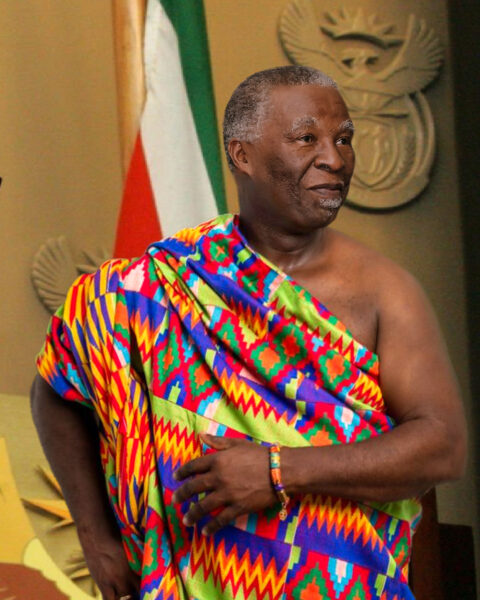
However, when those who wield political power decide to do so, they may become harsh to their targets and exploit their victim’s vulnerability until it brings about their downfall. Thus, it can be inferred that those who have experienced the challenges of life irreparably may have been victims of political forces who wanted them dealt with. This does not imply that all personal problems result from political forces. Still, it does suggest that the inability to overcome such challenges may often be attributable to it. Follow me.
The South African experience is telling of the above dynamics. Independence was begrudged to the country by those who had not only earlier imagined that they would hold political power for a very long time but had also consolidated their conception of South Africans as shadows of themselves through the oppressive character of their political system. However, through the bold resistance led by the country’s liberator and other dedicated South Africans, their independence became inevitable–and very fast at that.
Although the domination of colonies by the imperialists was purely for exploitation, it was also inspired by the assumption that the colonized were sub-humans and inferior to them. This contemptuous belief permeated all aspects of their existence, so much so that even the colonized began to internalize these misconceptions at some point. However, once South Africans became strong enough to challenge the foundations of apartheid and colonialism, upholders of that exploitative system responded with attempts to tear down the anti-colonialism efforts. They sought to destroy the integrity of the frontiers of independence advocacy by investing in slander and character assassination campaigns against them.
The first missile in the arsenal of European imperialists, who had long held political power in Africa, was to tarnish the reputation and character of the newly elected Black leaders. They aimed to downplay the importance of self-rule or amplify the unfounded assumption that Black people were not intelligent enough to govern themselves. This became the most potent instrument with which they could destabilize the country and justify the various instances of oppression that they had institutionalized for centuries.
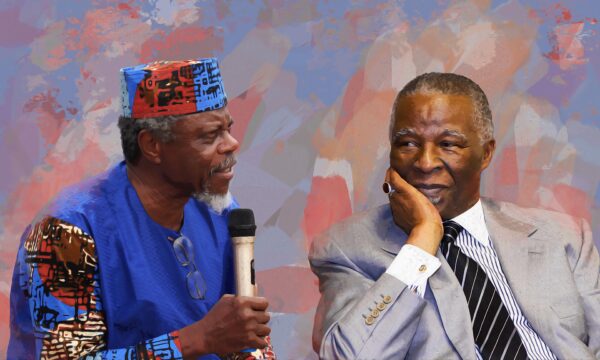
On the assumption of office by the Black leaders, led by Nelson Mandela, the first series of allegations was corruption and abuse of power. The imperialists believed that if they amplified the accusations of misappropriation against these leaders, they could erode their credibility and create enough instability to derail their leadership. This strategy was intended to distract the Black leaders and drag them into a political quagmire. Remarkably, Mandela did not give this distraction the anticipated attention because he understood the underlying politics that produced the hate. He knew the allegations were made maliciously to castrate their political and leadership power and render them useless in the general scheme of things. However, it became crucial for these leaders to clear the air and dismantle the negative perceptions deliberately created as a trap.
Whether truthful or not, it became evident that the masterminds behind these unfounded allegations were mindless about the veracity of their claims. Their goal was to continue with specific authority such that anyone who listened to their claims would be whitewashed to see things from their prejudiced perspective. This explains why the accusers continue to brandish the media to change the narrative about the incorruptibility of emerging African leaders.
Thabo Mbeki recounts how they faced baseless accusations, such as money laundering from buying specific necessities for the country. These claims were unfounded but also malicious and dangerous, lacking any evidence to back them up. Mbeki intones that despite correcting these dangerous narratives, they were not given the necessary attention as the accusers kept running to the media to lend credibility to their allegations.
However, Mbeki and his leadership team did not allow this to sway them, fully aware of their responsibilities and the intent behind these attacks. They discovered that the erstwhile political overlords intended to destroy the integrity of the new African leaders, sowing doubt among the people so that they could reconsider having white leaders remain in critical positions. Where possible, the imperialists wanted to retain their dominance and continue to exploit the people who had long suffered under colonial rule.
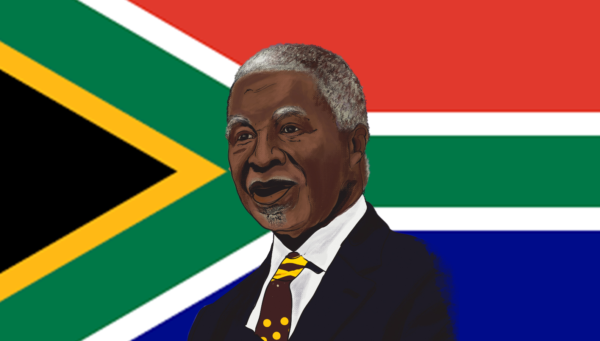
Meanwhile, an investigative body established to conduct independent findings found no evidence to substantiate the allegations and could not come up with anything to indict the leaders. Mbeki mentions that the dirty politics of deliberately trashing the reputation of the emerging Black African leaders was designed to achieve different objectives. For one, the former rulers feared that the new government would confront and expose the destructive legacies initiated by the earlier white leaders during apartheid. Fearing accountability for their past wrongdoings, they resorted to aggressively spreading fake information to mischaracterize the African leaders in the new world.
The reconfiguration of human society into a default setting, especially after enduring rounds of brutal, exclusionary leadership, was ultimately tricky and complex for people to understand. It requires immense sacrifice and the willingness to endure character assassination and negative portrayals. The emerging Black leaders in South Africa recognized this potential and accepted the responsibility of being the first African leaders in a postcolonial context. Their commitment to bring about change was rooted in the understanding that unless people stood up to the colonial imperialists–who were relentlessly focused on exploiting both the people and resources–there was a high possibility that the oppressive leadership style of the former white rulers would continue.
Mbeki believes that the redemption of their name lies in the hands of the masses, who have been tremendously helpful during their journey to South Africa’s future. He is convinced that people understand and identify with their struggles. While the campaign of calumny may be spread by the people for provincial objectives, the foundation of their society must be built on truth. Unwavering truthfulness protects their integrity in the eyes of the people.
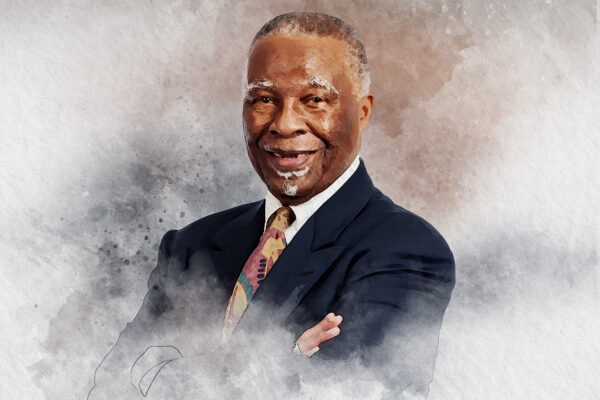
Honesty is the key to winning the hearts of the masses who have faced detrimental challenges in deciding who truly represents their interests. Mbeki understands that the masses have faced a flood of misinformation about them, especially the baseless accusations of misappropriating public funds. However, he trusts in the people’s ability to see through the tactics of the oppressors who have long endangered them through exploitation. Despite how fast contemptuous information spread, they needed to continue the path of their actions to restore the glory of the country that had been severely bastardized. Black leaders in South Africa have faced numerous challenges, but none as damaging as the displaced and recurring accusations of misappropriating public funds.
PS: This is a 12-part series based on the collections edited by Sifiso Mxolisi Ndlovu, titled ANC Today Letters: The Ideas and Thoughts of President Thabo Mbeki, Volume 1, 2001-2004, supplemented by materials in the Thabo Mbeki Museum, UNISA, Pretoria. The series is composed over five weeks in three different countries. The museum’s resources, digitized under 27 categories, can generate over 200 books.
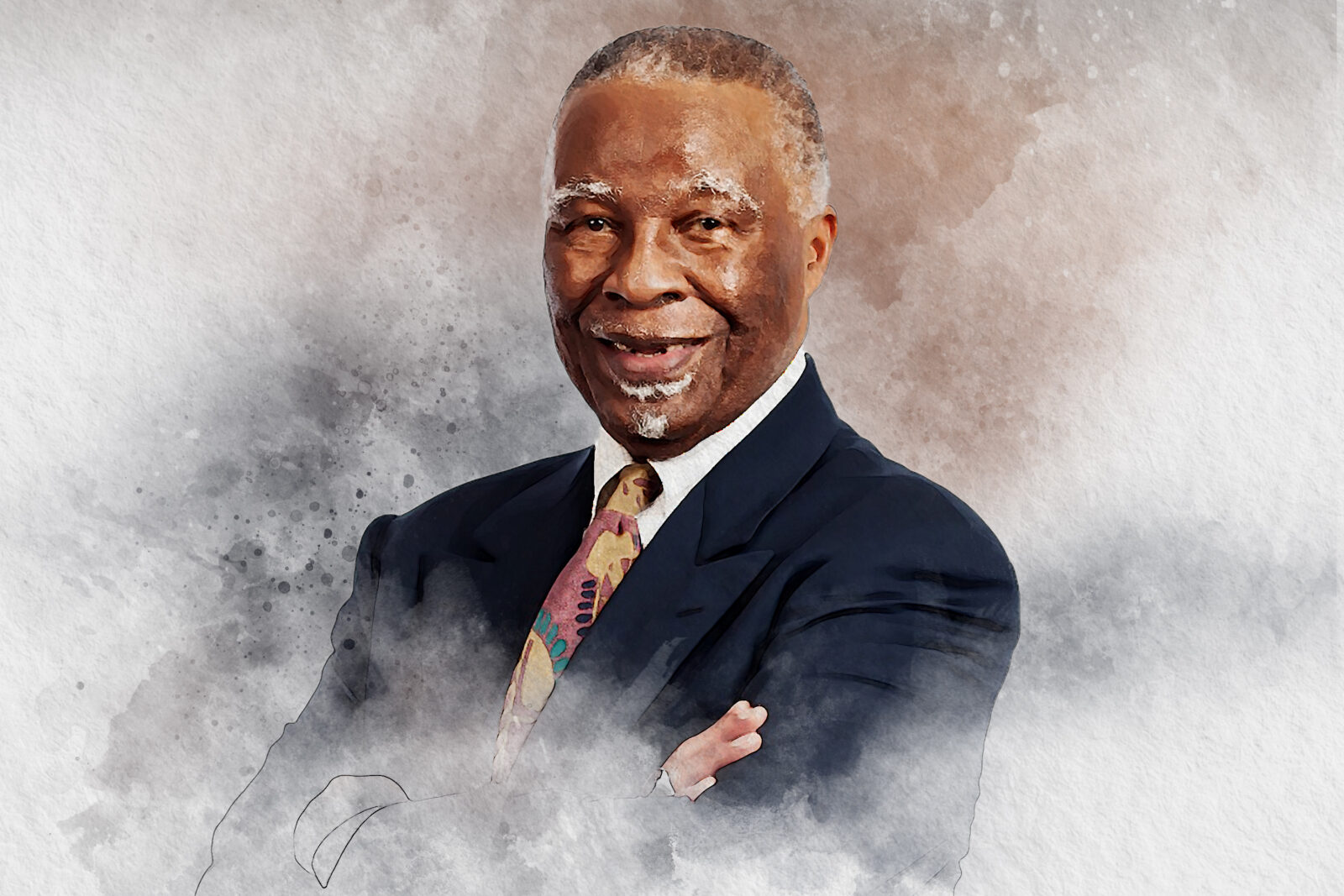
Your past leadership is relevant to the promoting of Young Entrpreneurs which is what I’m promoting .